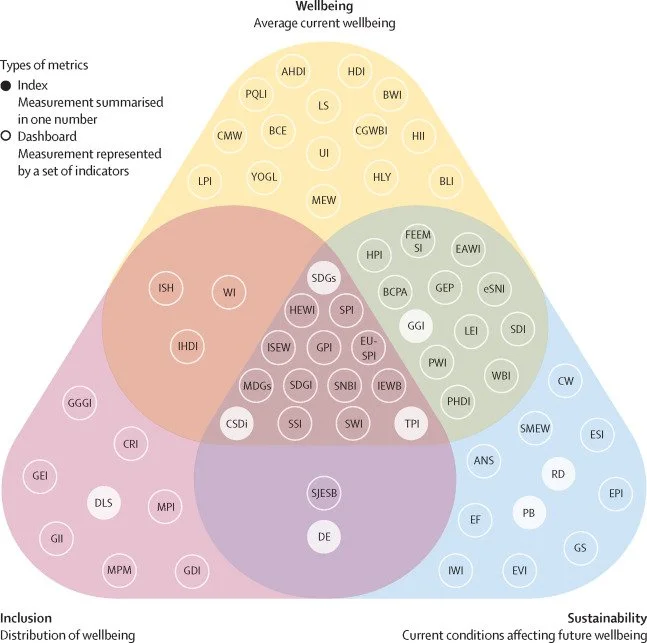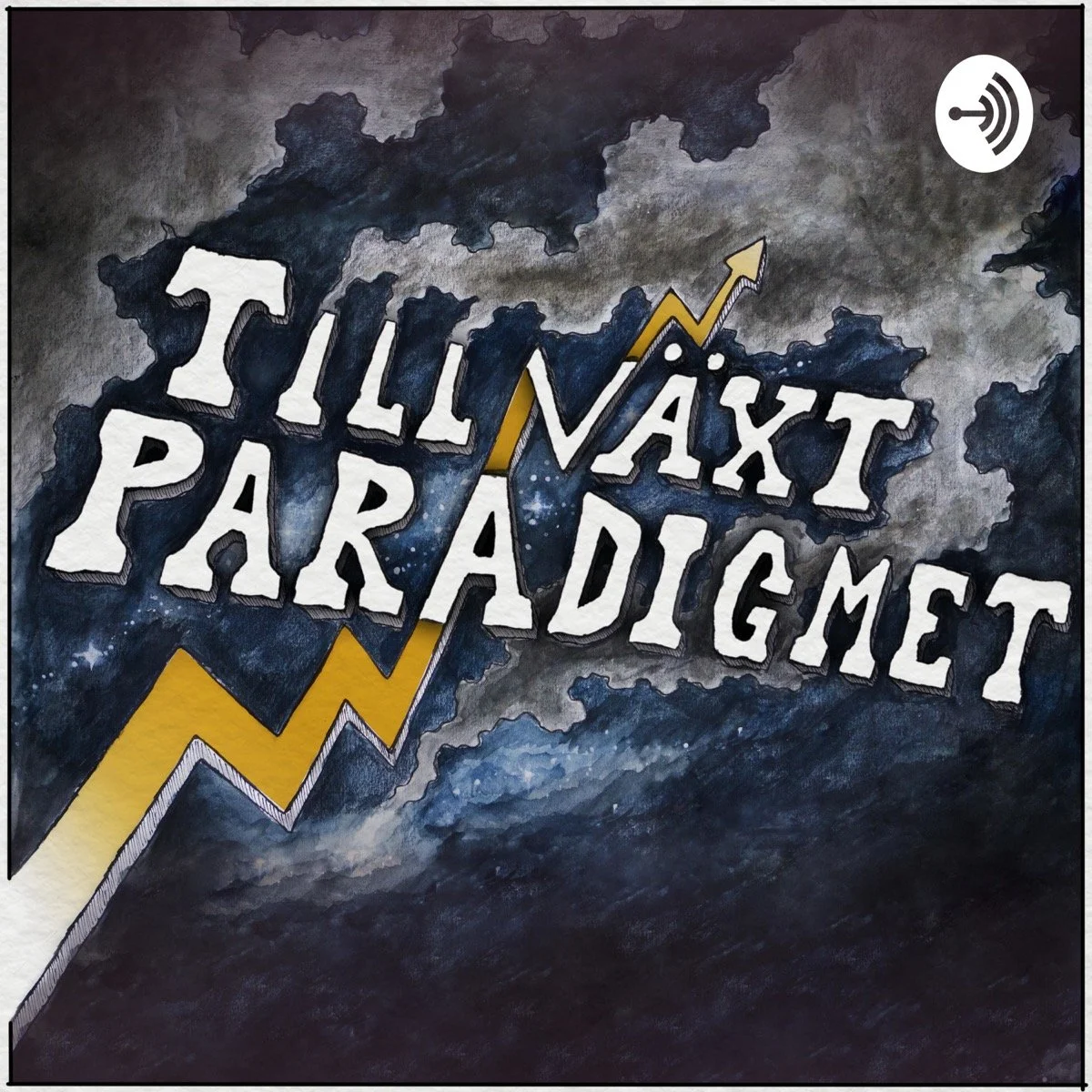Current Economic System - Capitalism and Gross Domestic Product (GDP)
Our current economic system is a capitalistic economic system. Capitalism is a system in which private actors own and control property following their interests, where demand and supply therefore freely sets the price in the market in a way that serves the best interest of society. The system is rooted in a theory of self-interest in making a profit. Further, that competition where companies can enter and leave the market is maximising the welfare of the society, where people can choose to consume, produce and invest freely improves the market and the role of the government should be limited to maintain a functioning market.
Gross Domestic Product (GDP) is the common economic measure used globally today. It is the sum of the value of all goods and services produced in a country each year. After the Great Depression and the Second World War, it became the main tool for measuring a country’s economy. It was developed by Simon Kuznets as a way for policy-makers to know if their inventions in the economy worked and if the economy was getting better. GDP is commonly measured as Consumption + Government Expenditure + Private Investment + Exports – Imports. In the following decades, GDP could rise by 10% or 5% inflation-adjusted and it gave people, businesses and countries hope for a new time after the war. But in 1934, Kuznets did warn the US Congress not to focus too narrowly on GNI or GDP: “The welfare of a nation can scarcely be inferred from a measure of national income”.
GDP does not measure individual wellbeing, it measures consumption. It tells us about production but not about the negative effects such as natural resource depletion, pollution or slavery. It does not tell us about the quality of government expenditure or investments, only about the sum. GDP has several shortcomings economically too. Since the 1970s, when the oil shocks happened, when the government invested in unprofitable businesses instead of education and housing, GDP has not had the same stable growth. Ecologically, activities such as cutting forests and overfishing the oceans shortly lead to growth but in the long term it increases the costs when human health is impacted, people lose their means of living and so on. In the West, the quality of GDP has decreased and improvement in wellbeing stopped a long time ago. It is therefore time for a reformation, transition and establishment of a new measure of economic development.
Source: IMF and World Economic Forum
Photo by Roman Wimmers on Unsplash
Alternative measures
Did you know that more than 300 welfare measures have been developed?
Source: Science Direct
New Economics movements
checklist Economic impact
Join a network and organisation working for a different system and economic reforms
Vote and/or join a political party that wants economic reforms
Check your pension and make sure they are invested in a sustainable future
Vote with your wallet, consume products and services better for people and the planet
Invest in businesses working for a sustainable future
If possible, make a living from a business or organisation doing good to nature and society
speaking
Welfare economics - what is GDP and what can we measure instead?
This seminar is for those of you who are interested in the current economic system and its advantages and disadvantages for sustainable development. During this seminar, Sophie will go through current measures of economic welfare such as Gross National Happiness, Better Life Index, Social Progress Index and so on. What are their applications today and why are they not commonly used? The objective is for you to be able to become an ambassador for systematic change and be a part of reshaping a new economic system.
At the Stockholm Resilience Center, Sophie dedicated two semesters to exploring welfare measures in depth while writing her master's thesis.
Economy for the Common Good
Sophie is a part of the International Federation for the Economy for the Common Good Management Team. As the Communication Manager, she’s responsible for international relations, budget, organisational development, reserach & science and policy advocacy.
Wellbeing Economy Alliance Sweden
Sophie is a board member and one of the initiators of the Weall Sweden hub. To learn more about the work of Weall Sweden, please visit the website.
Visit Tillväxtparadigmet
Tillväxtparadigmet is a podcast and public opinion network with the ambition to increase common knowledge about our current economic system, alternative economic models, theories and measures for sustainable development. Swedish listeners can tune in to episode 4 where Sophie talks about Measuring Welfare beyond GDP.






